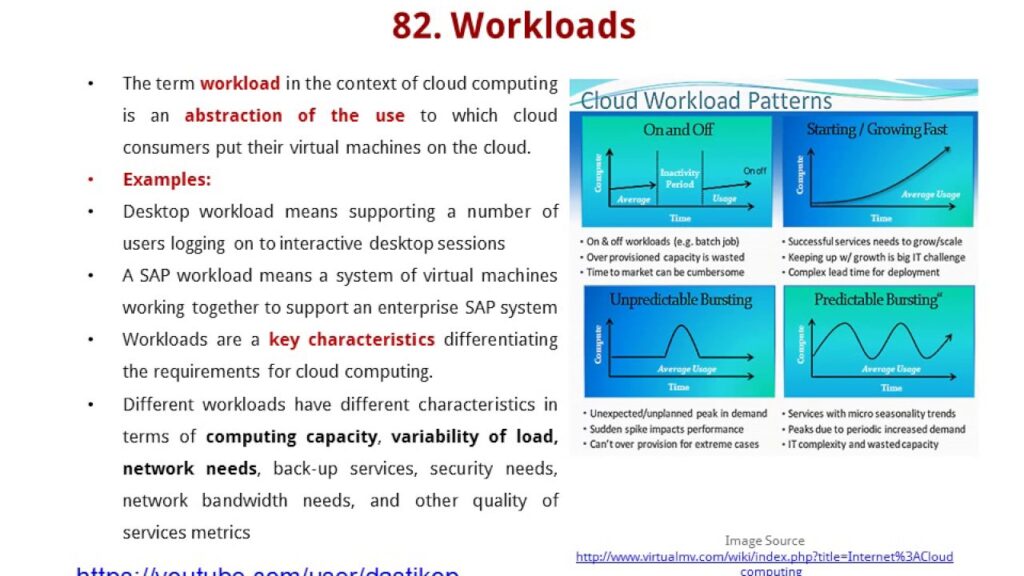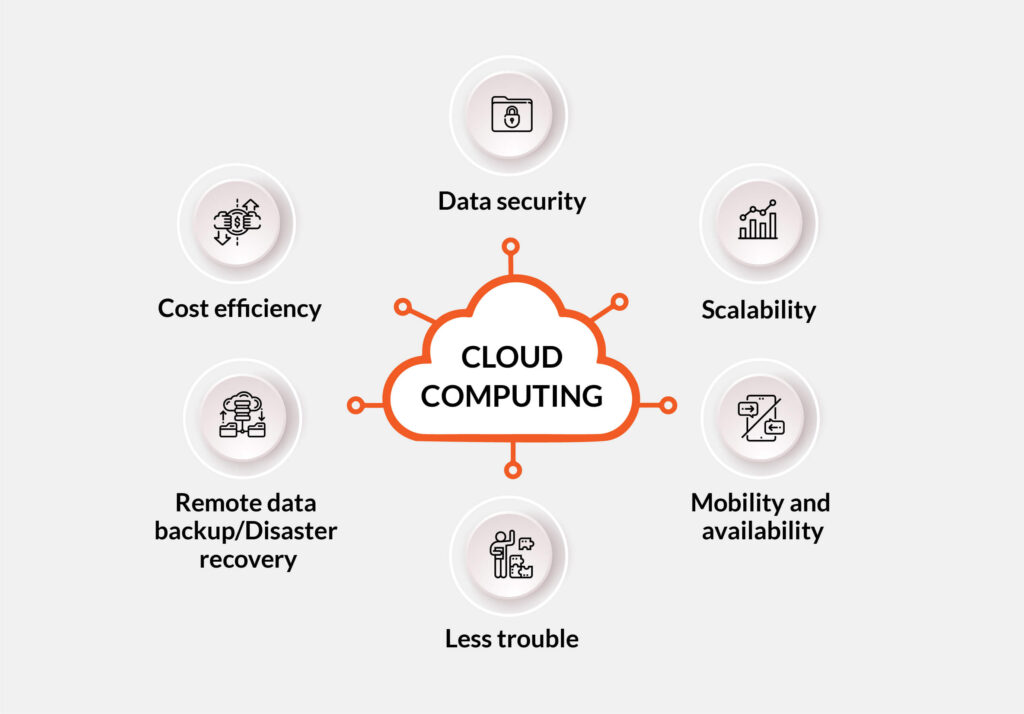Microsoft has made strategic adjustments to its data centre projects worldwide, signaling a shift in its approach to infrastructure development for artificial intelligence and cloud services, as reported by Bloomberg.
The company has decided to scale back or pause development activities in various countries such as Indonesia, the UK, and Australia, as well as in US states like Illinois, North Dakota, and Wisconsin. Sources familiar with the matter have indicated that negotiations have stalled or construction has been delayed at multiple sites.
Microsoft’s collaboration with OpenAI has solidified its position as a key player in AI services hosting, with investors closely monitoring its infrastructure investments for insights into future demand trends. However, the reasons behind the recent pullback remain unclear – whether it is in response to lower-than-expected demand, supply chain challenges, or a realignment of resources. Some analysts speculate that the decreased investment may suggest a reassessment of the anticipated demand for AI workloads.
The impact of the data centre spending concerns has reverberated across the tech industry, particularly affecting chipmakers. Nvidia, a crucial player in AI deployments, has experienced a 16.9% decline in stock value this year, while Microsoft’s stock has dropped by about 9%.
In response to inquiries, a Microsoft spokesperson emphasized the company’s long-term planning approach for data centre capacity, ensuring flexibility in adapting to evolving AI demand and expanding data centre presence.
Notable changes include Microsoft retracting from negotiations to lease a property in the UK, specifically in a strategic location between London and Cambridge, and pausing discussions at a proposed site near Chicago. Additionally, the company decided against acquiring additional capacity from cloud provider CoreWeave, prompting CoreWeave to find alternative buyers for the earmarked capacity.
Construction halts have been observed in Indonesia and Wisconsin, with negotiations for a data centre facility in North Dakota also hitting a roadblock. Microsoft’s careful evaluation of its infrastructure projects reflects a shift towards optimizing existing sites rather than focusing solely on new builds in the upcoming fiscal year.
Analysts have scrutinized Microsoft’s decision to scale back on projects, attributing it to a mismatch between demand and available infrastructure, as well as potential shifts in partnerships such as OpenAI’s joint venture with SoftBank and Oracle. Industry experts have also expressed caution regarding the pace of infrastructure growth, with concerns raised about a possible data centre bubble.
Overall, Microsoft’s nuanced approach to data centre investments reflects a dynamic response to changing market conditions and evolving technology trends. The company’s strategic recalibration underscores the importance of adaptability and foresight in navigating the complex landscape of AI and cloud services.



